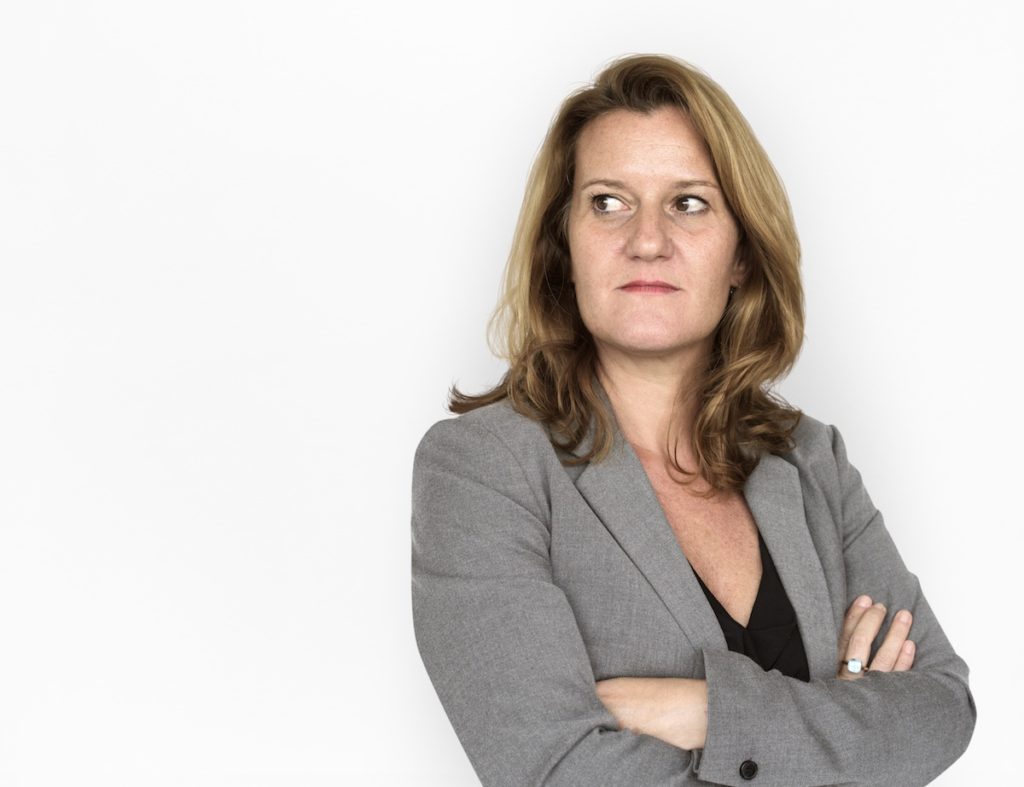Lorelie Rozzano is a guest blogger for Vertava Health.
My Son Is Addicted. Why Do I Need Help?
Watching your child struggle with addiction is hard. It’s not fun feeling powerless. It’s not fun being lied to. It’s not fun plastering a fake smile on your face so the world outside your doorstep doesn’t know you’re hurting. It’s not fun being married to your cell phone waiting for the call. It’s not fun worrying, or feeling sick and exhausted all the time. It’s not fun putting your life on hold and breathing for someone else. It’s not fun thinking about funerals and caskets when your child still lives. Addiction is not fun for anyone. It’s especially not fun for the addicted person’s family. Personally, I know the pain of both sides; being an addict and loving one. I’m the daughter of an alcoholic, the sister of an addict, the wife of an addict, the mother of an addict and I’m an addict. Today, we are all in recovery. I’m so thankful we don’t live in the chaotic, painful drama we once did. In my battle with addiction, I was so caught up in trying to control how much I used and minimizing the consequences that I lost sight of me. I made my addiction about drugs and alcohol. But that’s not what this illness is really about. Addiction is about anxiety, depression, mood disorders, or other underlying mental health issues. Addiction is about low self-worth and no sense of self. Addiction is about neglect, control and trauma. It’s been my privilege to work closely with the addicted person’s family. Mostly their parents. Usually moms. Week after week, new faces appear in the family program. Monday mornings there are many peeved moms in attendance. These moms want to know why they need to be in rehab – when it’s their son or daughter who is sick. Mom asks a fair question. Why does the addicted person’s family need help? It’s easy to see why the addicted person does. They are clearly impaired and not functioning well. Yet they are not the only ones impacted by this disease. Imagine your house burning to the ground. Everything you and your family ever loved and cherished, gone. Your photos, Grandma’s china, your child’s favorite teddy bear, all your precious, irreplaceable treasures up in smoke. Imagine the ruin and the mess it will leave behind. Now imagine the clean-up. Addiction is like a house fire. It burns through everything in its path. It’s traumatic, shocking, and heartbreaking and it affects everyone. To survive and keep the peace, the family learns to adjust their needs to those of the addicted person. The sick person becomes the central figure around which the rest of the family will organize their time, money, thoughts and efforts. Relationships with addicted persons are complicated. Finding a balance of saying just the right thing, so you don’t make them mad, and not breaking the eggshells you walk on, is tricky. Traumatized family members develop their own symptoms as a result. They can struggle with PTSD, chronic anxiety disorders, chronic fatigue, fibromyalgia, high blood pressure, heart disease, stroke, weight loss or gain, divorce, bankruptcy and suicidal ideation. Some families will spend their entire lives trying to make the addicts life, easier. This pathological relationship is crippling for both parties. Especially the addict. Even when they’re an adult they will function as a child, as they were never required to grow up. If you don’t believe addiction is a family disease, you will lapse back into trying to fix, save, change or rescue your addicted loved one. You will remain “other-focused”, resulting in codependency. Codependency happens when your well-being becomes dependent on the addicted person’s moods, actions and needs. In other words, if they’re having a bad day it will be your job to fix it. Codependency is an unconscious addiction to another person’s abnormal behavior. Just as drinking or drugging brings relief to the alcoholic/addict, enabling brings relief to the codependent. Both parties will display compulsive behavior and dishonest thinking As long as the addicted person has a fixer, they will never get well. Like it or not, if you love an addict you need help. Addiction is a powerful illness. It’s cunning, manipulative and delusional. In order to stay in a relationship with your addicted loved one, you make compromises. You learn to tolerate intolerable behaviors and make excuses for them. The mothers in family rehab programs will tell you, recovery is never smooth. There are many bumps along the way. Learning to say no and set boundaries, is just the start. The most loving thing you can do is reach out. Step outside of your family circle and learn everything you can. Each time a family member has the courage to ask for help, it positively impacts the ones left behind. Going to rehab was the scariest thing I ever did in my life. It was also the most rewarding. Looking back, it’s ironic I was so fearful of getting well and living an amazing life, yet plunging a needle into my arm didn’t faze me. That’s the insanity of addiction. It’s hard to reason with a delusional mindset. Professionals can help you break through delusion and facilitate families coming together in peace and harmony Love means learning to say no to addiction, and yes to life. Don’t wait for the impaired thinker to see the light. Call the number below to be the change in your family. Statistics show that addicted persons are more successful when their families are educated and in recovery too. If you or someone you know needs help, please call this confidential support line for assistance. 844-470-0410.


